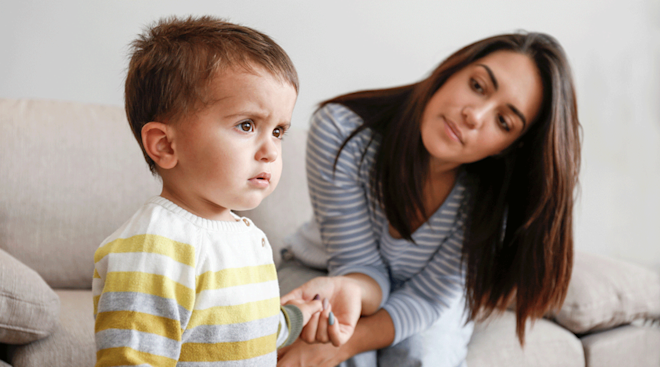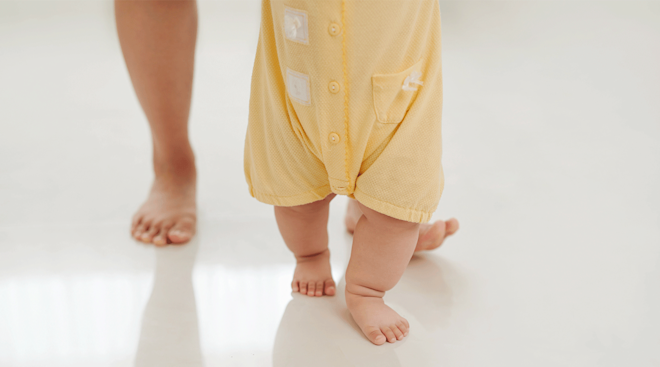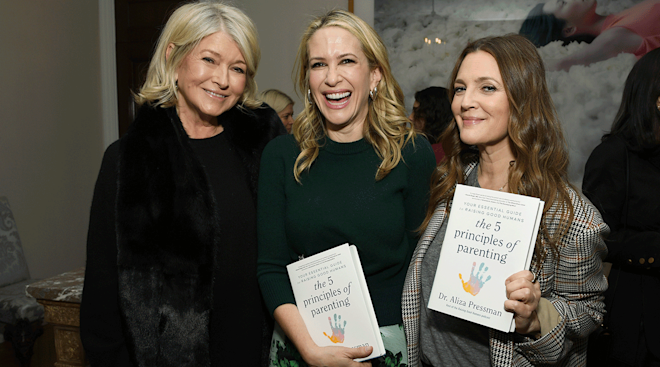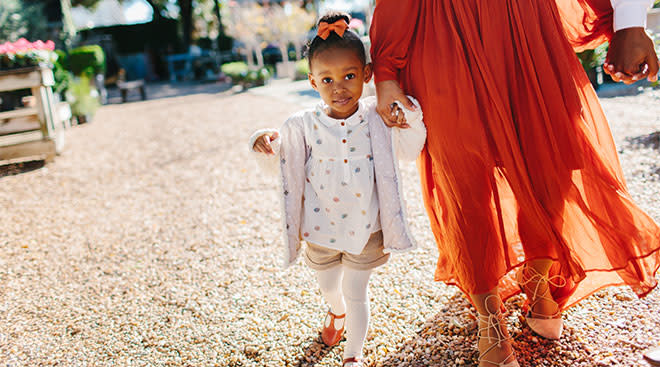Singing for Success: Lullabies Can Help Baby With Emotional Regulation
Baby’s bedtime berceuse has a bigger impact than you might think. Research shows that a soothing lullaby from mom doesn’t just help baby calm down in the present but can also impact their ability to regulate their emotions in the future. The better baby is at emotional regulation, the more likely they will be successful at school, with friends and in the workplace.
Over the past 30 years, ongoing research by music therapist and University of Miami professor Shannon de l’Etoile has shown the many benefits of singing to baby or what she likes to call “infant-directed singing.”
“If a mother can sing in a way that captures the infant’s attention, it can help them tap into those brain structures that they need to develop for self-regulation,” said de l’Etoile, in a press release from the University of Miami. Adding that “Building self-regulation at an early age is so important because it helps children deal with adversity. Children who don’t regulate well are lacking in resilience, and they may have problems later in life, like obesity, addiction, and aggression.”
But not all moms are naturals when it comes to singing to baby. “To be most effective, the mother needs to be attentive and sensitive to infant cues,” said de l’Etoile. “For some moms that may not be happening, and that impacts the infant.” Research has found that infants whose mothers may struggle with depression, substance abuse and domestic violence are at most risk of not developing these critical emotional regulation skills.
To help all mothers take advantage of the benefits of singing to baby, de l’Etoile partners with the Linda Ray Intervention Center, where experts coach mothers in the practice of effective infant-directed singing. This past June, the center was awarded one of six grants from the GRAMMY Museum Grant Program to sponsor a pilot study to train mothers of infants in the critical caregiving skill.
During the month-long study, researchers will record mothers as they sing to their infants and then demonstrate how they can be sensitive to their infants’ emotions while singing. Mothers will be able to notice if the infant is benefiting because the baby will gaze longer at the mother and reach a contented state.
“One of our main goals is to provide families with opportunities to learn new strategies and techniques that support positive parent-child interactions, and this pilot may strengthen parenting skills as well as a parent’s ability to help their child self-regulate,” the center’s director Isabel Chica said.
While there is certainly more we can learn about optimizing mother’s lullabies for baby, researchers maintain that however you sing to baby, you’re sure to see some benefits. Read more about a 2015 study that has shown that singing soothes babies better than talking and this 2017 study which lauded the positive effects of lullabies and music on the health of NICU babies.
Navigate forward to interact with the calendar and select a date. Press the question mark key to get the keyboard shortcuts for changing dates.





















































